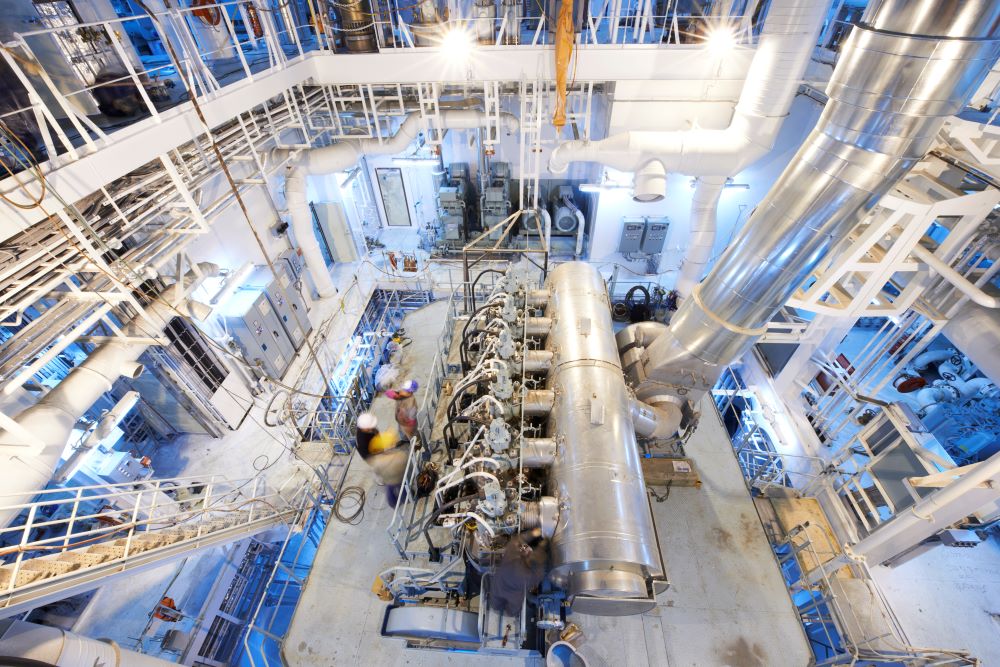Here’s a breakdown of what’s happening in the market and what it means for you as a candidate.
The Big Picture: Steady Demand in a Shifting Economy
While wider UK employment trends show signs of cooling—mainly due to rising costs and global uncertainty—the engineering sector remains one of the most stable.
Why?
Because investment in infrastructure, energy, technology, and defence is ongoing. From nuclear decommissioning and defence programmes to smart city upgrades and renewables, engineers continue to play a critical role in delivering long-term national projects.
What’s in Demand Right Now?
Here are some of the most sought-after roles in both the permanent and contract markets:
- Mechanical & Electrical Design Engineers
- Project Engineers / Project Managers
- Site Engineers (Civils / Utilities)
- Commissioning Engineers
- Maintenance & Reliability Engineers
If you’ve worked in regulated or high-security sectors like nuclear, petrochemical, defence, utilities, or energy, your experience is in particularly high demand.
Permanent vs Contract: What’s the Current Balance?
Permanent Roles
- Employers are showing growing confidence in hiring full-time staff. There’s been a notable uptick in permanent offers, with many companies now offering hybrid working, structured progression plans, and generous benefits to attract long-term talent.
Contract Roles
- Contracting remains strong, especially for specialist project-based roles. While some seasonal slowdowns occurred earlier this year, demand has bounced back in areas like commissioning, shutdown work, defence and infrastructure projects. Day rates are still competitive, especially for those with security clearance or niche technical skills.
Key Trends Candidates Should Know About
Remote and Hybrid Work Is Here to Stay
- Particularly in design and consultancy roles, flexible work arrangements are becoming the norm.
Skills Over Titles
- Employers are putting more emphasis on what you can do, not just the letters after your name. Hands-on experience and practical competence often carry more weight than formal qualifications alone.
Faster Hiring Processes
- Many companies are now using digital platforms for interviews and onboarding, speeding up decision-making—good news if you’re keen to move quickly.
Location Still Matters (But Less Than It Used To)
- London, the South East, and the North West remain busy hiring areas—but remote work is giving candidates from other regions a fairer shot at top jobs. If you’ve previously been overlooked due to location, now’s the time to re-engage with the market.
Salaries and Rates
- Permanent salaries for mid-level engineers range from £45,000 to £65,000, depending on role and region.
Contract day rates vary widely but remain healthy, particularly for those working in regulated environments like defence and nuclear—with security-cleared candidates often commanding premium rates.
Your Next Move
Whether you’re actively looking or just testing the waters, it’s a good time to be visible to recruiters and employers. Refresh your CV, update your LinkedIn, and make sure you’re registered with a specialist who understands your industry.
Our advice?
Be open to hybrid roles.
Keep an eye on projects in renewables, defence, and infrastructure.
Stay proactive—many of the best roles aren’t advertised widely.
Looking for your next role in engineering?
We’re here to help—whether it’s your next permanent position or a rewarding contract opportunity. Get in touch with our team for personalised advice and live vacancies that match your skills.






